IBM's DB2 database reaches 25th birthday milestone
We talk to IBM as it celebrates 25 years of its seminal database.
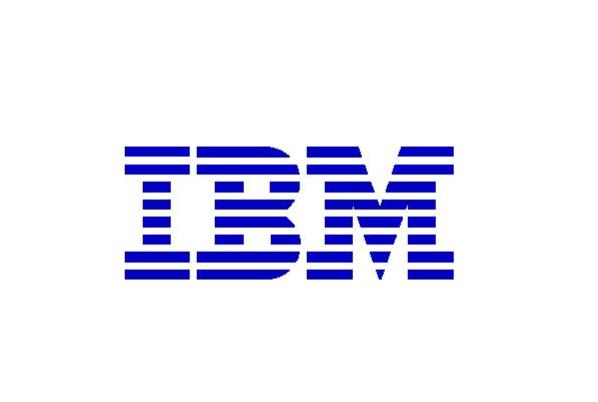

It can't be too often that IBM and Aston Martin can be written about in the same sentence, but there is actually something each has in common - namely a product called DB2.
For Aston Martin, the racing success of its DB2 coupe's in1950 proved key in establishing the credentials of the now world famous marque. For IBM, DB2 is the name of its rather more prosaic but nonetheless important relational database and tomorrow, 7 June 2008, marks 25 years since its introduction.
DB2 was the first relational database management system for large enterprises and its introduction was revolutionary for businesses for the way it organised and presented data.
Before DB2, databases stored information in a hierarchical fashion - with a parent/child structure, such as the IBM database used on the space missions in 1968. However, a relational database is inherently more flexible as it stores individual data points across many data tables and enables you to cross reference between them. Chris Livesey, information management software UK executive, IBM, explained to in a phone interview with IT PRO the significance of this milestone.
"DB2 was the first database that enabled businesses create diagrams of the relationships held in that data. As such, for the first time companies could build up a picture of their business."
"For example, if you have several different accounts or products with say, a bank, several, the relational database lets the bank easily join the dots between these, so it can deal with you as one person, instead of several, in a way that when dealing with thousands or even millions of customers, a person just couldn't do."
In this sense, DB2 was the start of the concept of business intelligence that forms the backbone of so many applications today.
Get the ITPro daily newsletter
Sign up today and you will receive a free copy of our Future Focus 2025 report - the leading guidance on AI, cybersecurity and other IT challenges as per 700+ senior executives
While DB2 originally only ran on IBM mainframes, in the early 90s IBM developed DB2 for the server away from just the mainframe and onto other platforms, such as OS/2, Unix, Windows and eventually Linux. Livesey says that this expansion was crucial as it brought the power of the relational database to businesses that wouldn't otherwise have gained access to it, from small departmental users to global players.
Today there are more than 400,000 customers who run DB2, from large to small companies. Says Livesey, "Regardless of the size and scale of the company, DB2 offers the same benefits of high availability, disaster recovery and scalability."He added that DB2 is more relevant than ever, citing the ability added in 2007 to handle XML data without breaking it up into multiple chunks, which previously had been an elusive ability, which had both performance and legal issues.
Additionally he cited its speed, claiming that it was up to 30 per cent faster than the next best. "If you're waiting for a text to come through or for your bank details to appear, database speed is of great importance"
Finally, Livesey added that enhancing and optimising DB2 was part of IBM's strategy to manage information, reflected in its acquisitions in the last few years of companies such as FileNet and Cognos.
"All these organisations are united together to animate data to get insight into how businesses are responding. DB2 is the bedrock and that makes it as relevant today as it was in 1983. I'm sure we'll be celebrating it in another 25 years from now".
Benny Har-Even is a twenty-year stalwart of technology journalism who is passionate about all areas of the industry, but telecoms and mobile and home entertainment are among his chief interests. He has written for many of the leading tech publications in the UK, such as PC Pro and Wired, and previously held the position of technology editor at ITPro before regularly contributing as a freelancer.
Known affectionately as a ‘geek’ to his friends, his passion has seen him land opportunities to speak about technology on BBC television broadcasts, as well as a number of speaking engagements at industry events.
-
 Cleo attack victim list grows as Hertz confirms customer data stolen
Cleo attack victim list grows as Hertz confirms customer data stolenNews Hertz has confirmed it suffered a data breach as a result of the Cleo zero-day vulnerability in late 2024, with the car rental giant warning that customer data was stolen.
By Ross Kelly
-
 Lateral moves in tech: Why leaders should support employee mobility
Lateral moves in tech: Why leaders should support employee mobilityIn-depth Encouraging staff to switch roles can have long-term benefits for skills in the tech sector
By Keri Allan
-
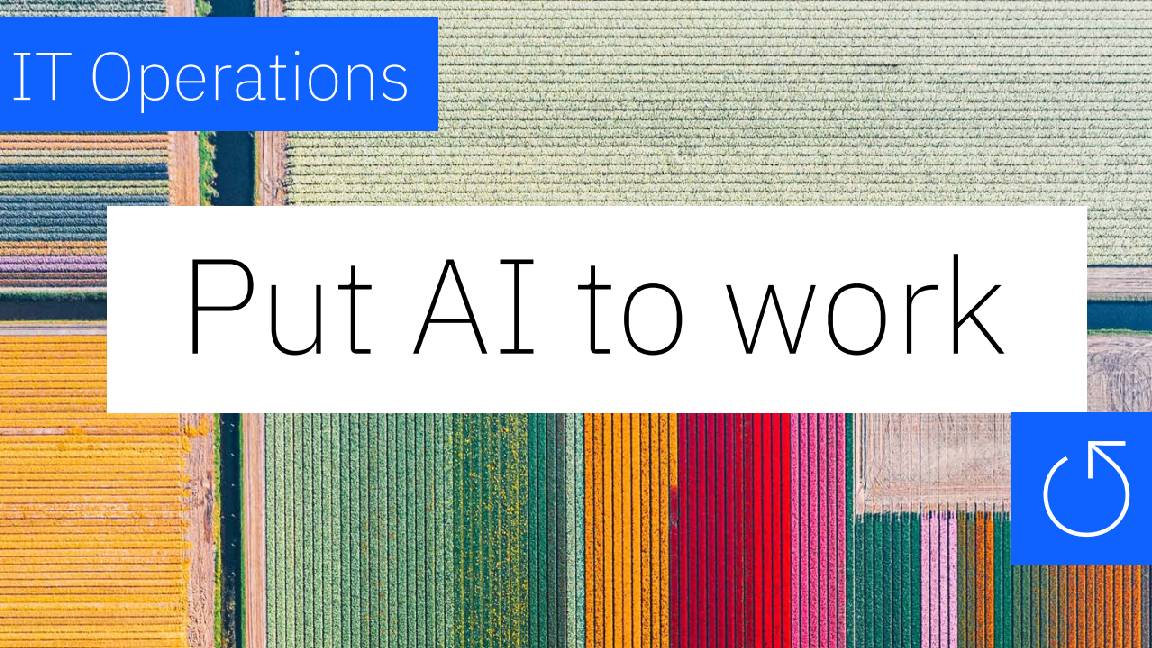 Put AI to work for IT operations
Put AI to work for IT operationswhitepaper Reduce the cost and complexity of managing hybrid applications
By ITPro
-
 AI in the retail industry is spreading beyond the IT department
AI in the retail industry is spreading beyond the IT departmentNews AI has become a strategic imperative for retailers, delivering marked productivity gains
By Emma Woollacott
-
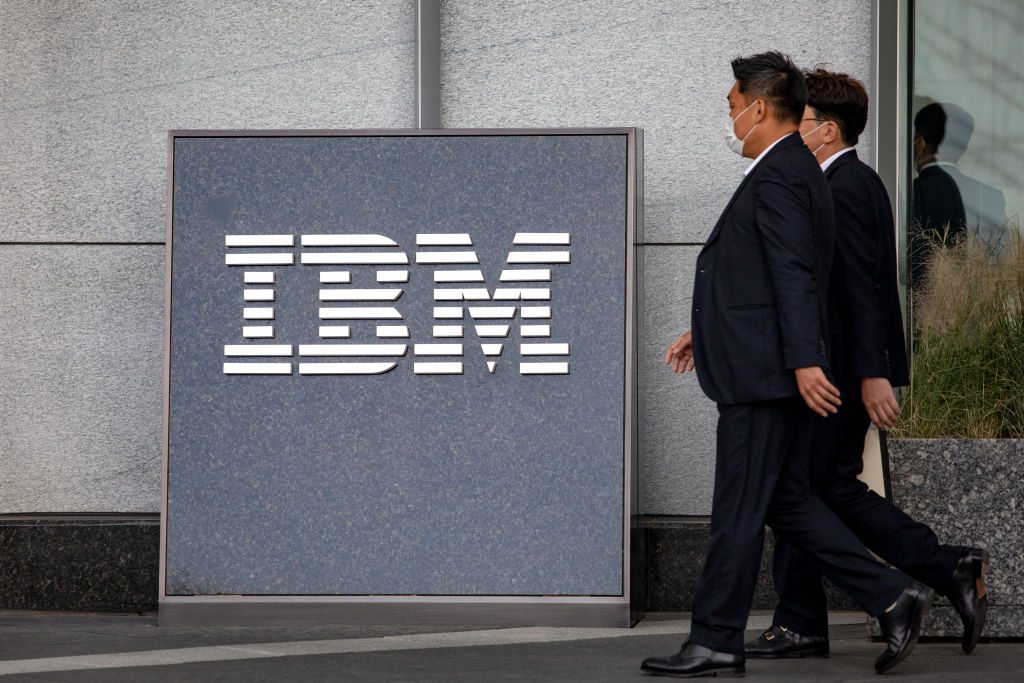 Maximizing contact center operations with generative AI assistants backed by responsible AI principles
Maximizing contact center operations with generative AI assistants backed by responsible AI principleswhitepaper Reduce the cost and complexity of managing hybrid applications
By ITPro
-
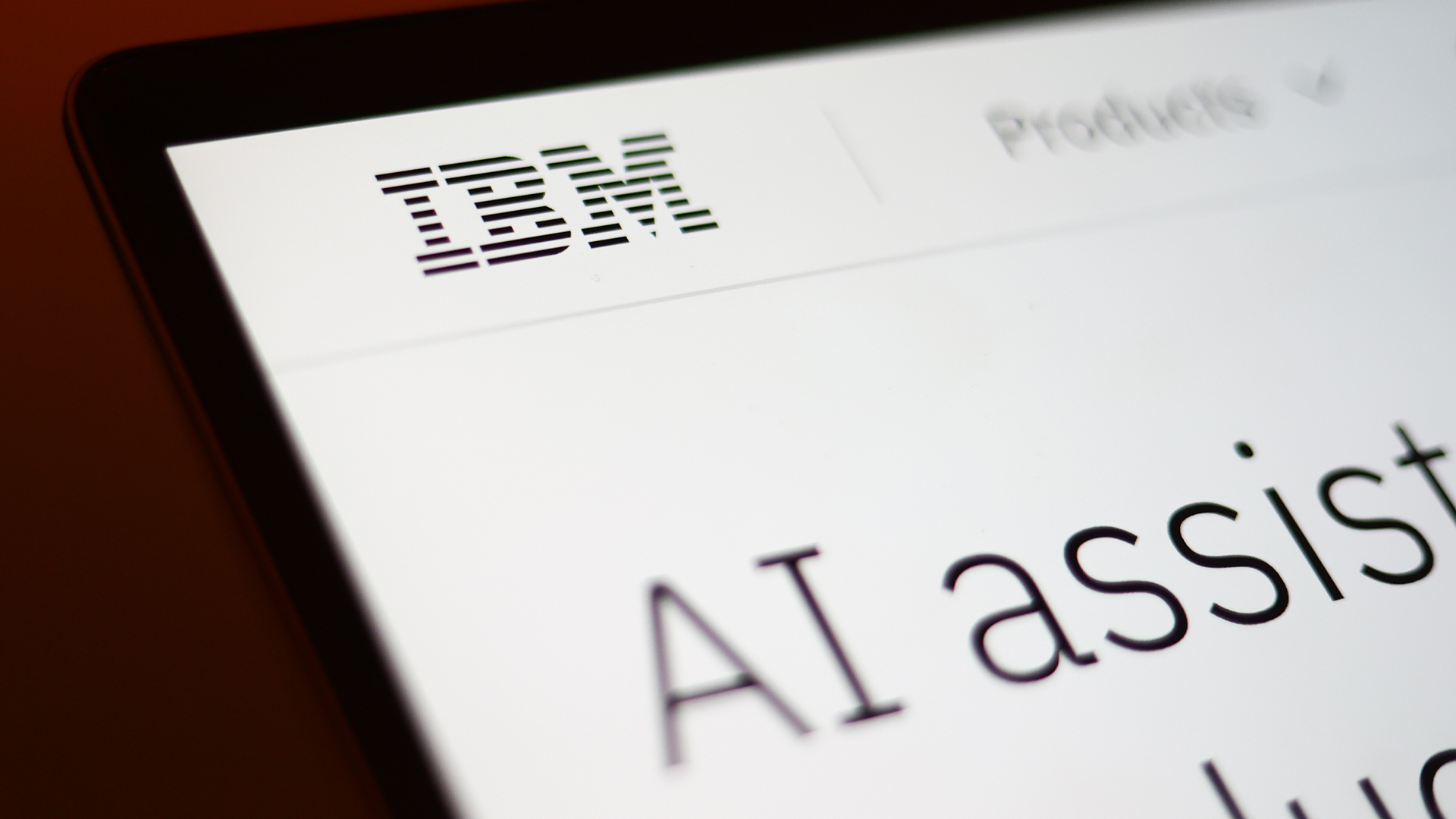 IBM just launched powerful new open source AI models – here’s what you need to know
IBM just launched powerful new open source AI models – here’s what you need to knowNews Available under the Apache 2.0 license, IBM's Granite 3.0 models are trained on enterprise data and can out-perform the competition
By Emma Woollacott
-
 Achieving business outcomes with generative AI
Achieving business outcomes with generative AIWebinar Take your hybrid cloud journey to the next level with generative AI
By ITPro
-
 Wimbledon’s new Catch Me Up AI feature promises to keep fans up to date at the tournament – after it irons out some of the wrinkles
Wimbledon’s new Catch Me Up AI feature promises to keep fans up to date at the tournament – after it irons out some of the wrinklesNews The latest feature to come out of IBM’s partnership with Wimbledon will keep fans engaged from the early stages right through to the final with dynamic player insights
By Solomon Klappholz
-
 AI demands new ways of data management
AI demands new ways of data managementwhitepaper The data leader’s guide for how to leverage the right databases for applications, analytics and generative AI
By ITPro
-
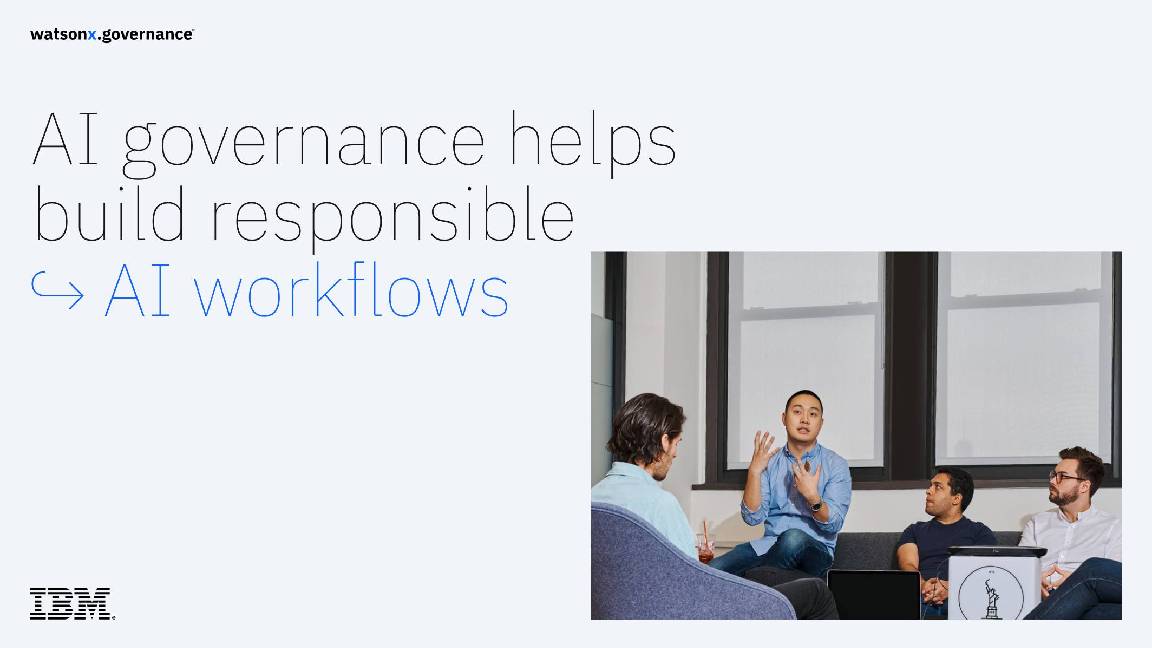 AI governance for responsible transparent and explainable AI workflows
AI governance for responsible transparent and explainable AI workflowswhitepaper Build greater trust in your AI
By ITPro